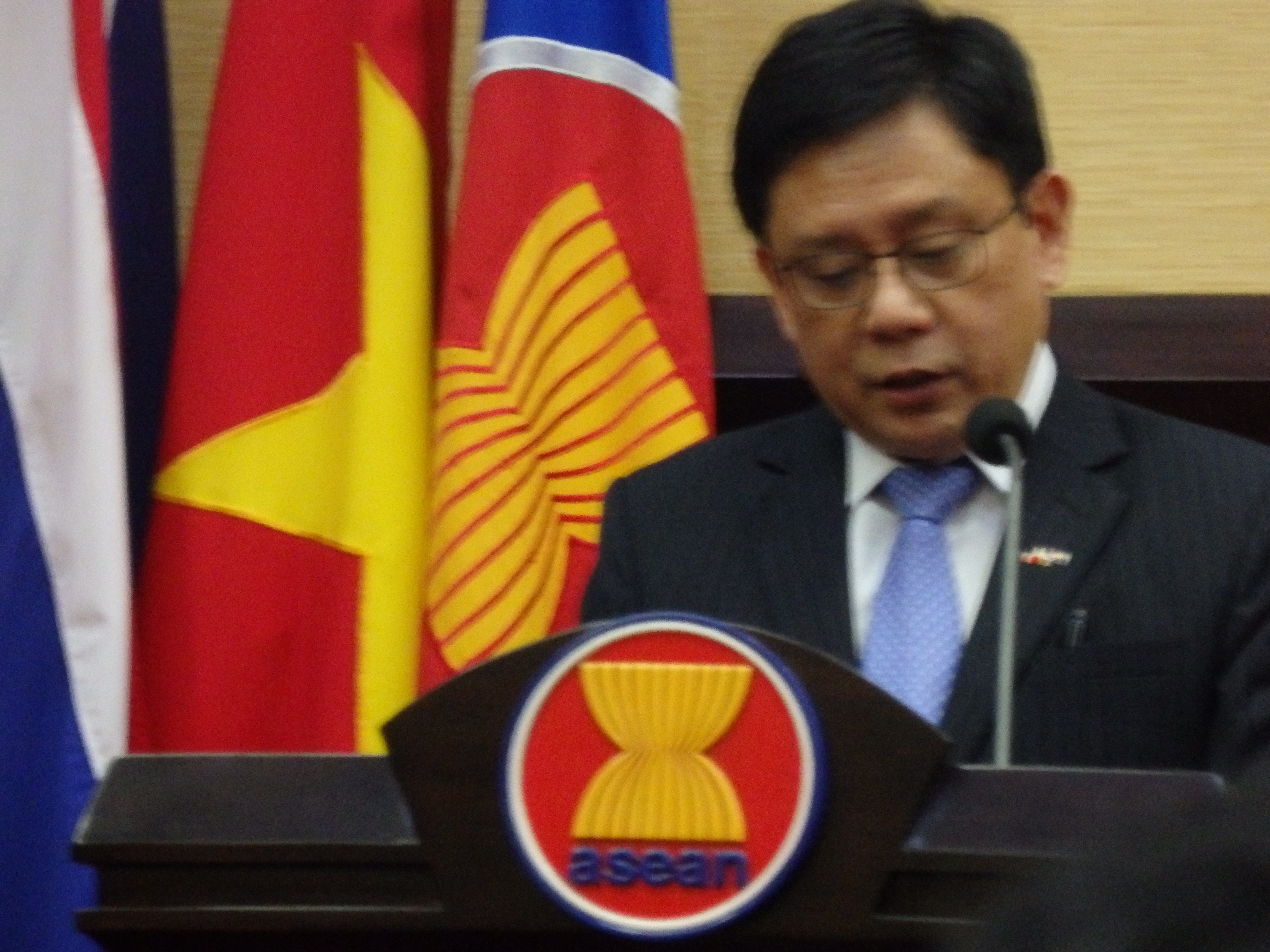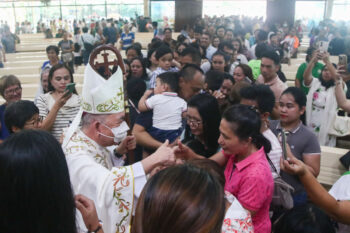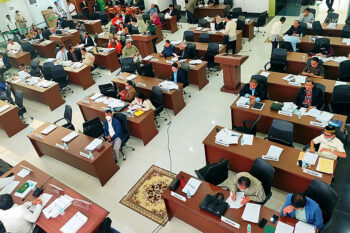[Remarks delivered by Ambassador Noel Servigon,Permanent Representative of the Philippines to the Association of Southeast Asian Nations (ASEAN) at the Seminar on the Outcome of the ASEAN Institute for Peace and Reconciliation R Research Project: “Lessons Learned from a Process of Conflict Resolution between the Government of the Republic of the Philippines (GRP) and the Moro National Liberation Front (MNLF) as Mediated by Indonesia 1993-1996,” held at the ASEAN Hall of the ASEAN Secretariat in Jakarta, Indonesia on 23 September 2019]
Indonesian Ministry of Foreign Affairs Vice Minister Abdurrahman Mohammad Fachir, His Excellency Jose Tavares, Director-General of Indonesia for ASEAN Cooperation, Deputy Secretary-General for the ASEAN Political Security Community, Dr. Hoang Anh Tuan; Chair of the ASEAN-IPR Governing Council Dr. Darmp Sukontasap; Members of the ASEAN Institute for Peace and Reconciliation Governing Council and Advisory Board, Ambassadors of ASEAN Dialogue and External Partners, ASEAN-IPR Executive Director Rezlan Jenie, Members of the Project Team led by Mr. Jamil Flores, Peacemakers, Friends, Ladies and Gentlemen:
It is an honor to welcome all of you today to the Seminar on the Outcome of the ASEAN-IPR Research Project “Lessons Learned from a Process of Conflict Resolution between the Government of the Republic of the Philippines (GRP) and the Moro National Liberation Front (MNLF) as Mediated by Indonesia (1993 – 1996).”
At the outset, I wish to congratulate the project team for launching the very first research project under the auspices of the ASEAN Institute for Peace and Reconciliation. As a former teacher of history, I am a true believer in the value of learning from the past in order to help shape a better future.

Many Southeast Asian countries like the Philippines have experienced decades of violence and are struggling to achieve lasting peace with justice. The ASEAN story is in itself, an inspirational success story. Borne out of the conflict of the 60s, ASEAN has today become one of the most important regional organizations in the world.
This research project will show the importance of mediators as champions of peace and how diplomacy became instrumental in forging peace between the Government of the Republic of the Philippines (GRP) and the Moro National Liberation Front (MNLF).
Appreciating the value of a region with many trained mediators, the Philippines organized the first leg of the Mainstreaming Peace and Reconciliation in ASEAN Training Series which focused on mediation in February 2019.
The UN Guidance for Effective Mediation describes mediation as a “voluntary process where a third party assists two or more parties, with their consent, to prevent, manage or resolve a conflict by helping them to develop mutually acceptable agreements.”
This definition also serves to highlight what is at the core of the ASEAN success story, that is all about facilitating open communication to resolve differences in a non-adversarial manner.
In September 1996 during the signing of the Peace Agreement between the Government of the Philippines and the MNLF, then Philippine President Fidel V. Ramos expressed appreciation to Indonesia and personally to President Suharto for placing the “most qualified and experienced officials at the presiding end of the negotiation table.”
Pak Hassan Wirajuda, who President Ramos described then as an “unassuming man of commitment and persistence,” as well as the other key players of the peace talks from the Philippines and Indonesia, that we hope to hear from in this Seminar.
Today, I wish to express appreciation to Indonesia, Mr. Jamil Flores and the res of the project team for undertaking an important but difficult and challenging task.
As history constantly teaches us, the landscape of threats to our hard-earned peace is ever shifting. However, as daunting as the challenges to maintain the peace may be, equally impressive is what we, as a region, are able to accomplish in the true ASEAN spirit of unity and solidarity.
It is my fervent hope that more of this kind of project will be launched to contribute to the ever-growing body of knowledge that is crucial to promoting peace in Southeast Asia.
I wish you all a successful seminar morning. Thank you.







